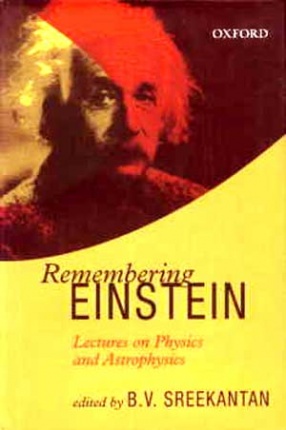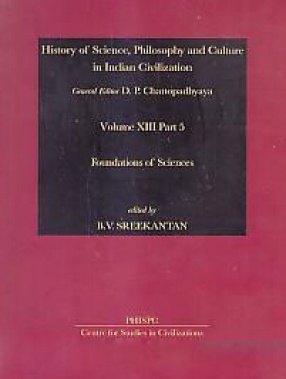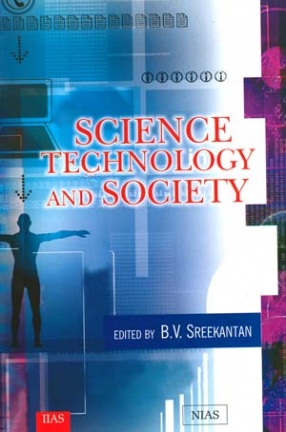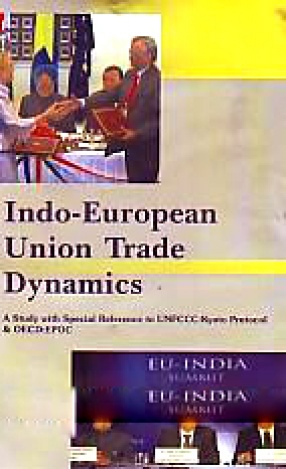The year 1905 marked a watershed between classical and modern physics. That year Albert Einstein published five papers dealing with the existence of atoms, molecules, special relativity, equivalence of mass and energy, and quantum theory together with its application to the photoelectric effect. To commemorate the centenary of that miraculous year, UNESCO declared 2005 the 'International Year of Physics' and Nehru Centre, Mumbai organized a series of lectures broadly focusing on Einstein's abiding influence on physics and astrophysics. This volume includes the nine lectures delivered by eminent scientists and researchers from across India as part of the series.
The lectures dwell on the multifaceted achievements of perhaps the greatest genius the twentieth century witnessed: Einstein's novel contribution in 1905, his attempt to resolve the problems of black body radiation, and the 'quest' that increasingly dominated his scientific life after 1915. Serious and thought-provoking, the lectures also discuss how Einstein revolutionized the notions of space and time, and how, for him, consistency of concept and principle took precedence over conflict with experiment. From Einstein's role in shaping our understanding of astronomy and cosmology to a historical account of the development of cosmology and the role of relativity in astronomy and astrophysics–the themes match the range and scope of Einstein's thought and research. The final lecture deals with the Bose-Einstein Condensation theory, one of the most fascinating topics in modern physics. With a comprehensive introduction by B.V. Sreekantan highlighting Einstein and his achievements in the context of modern-day scientific studies, this volume will be invaluable for students, researchers, and teachers of physics and astrophysics.







There are no reviews yet.